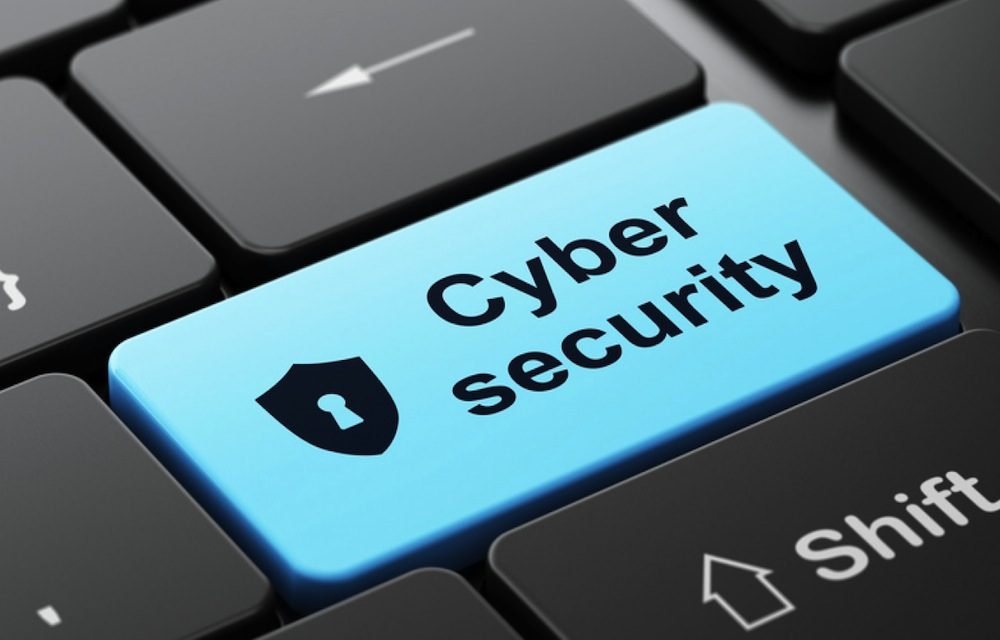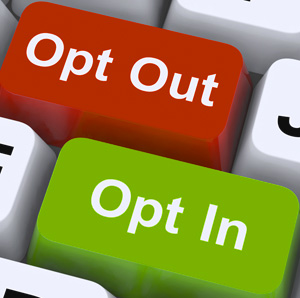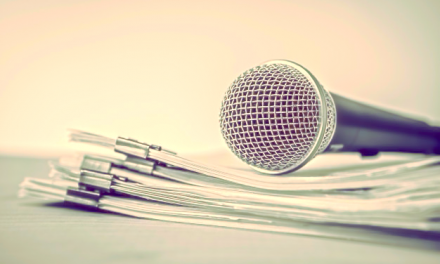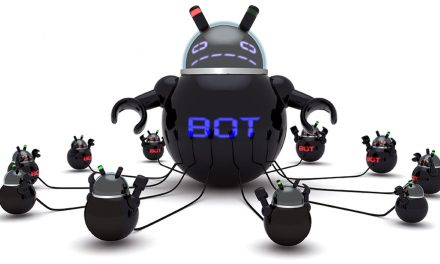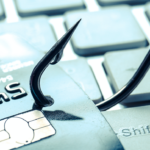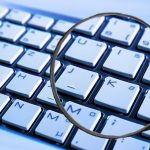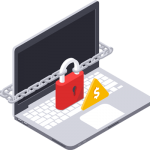I was busy fixing a computer for a colleague and while I was waiting for the anti-virus scanner to complete its task I got to thinking about computer security in a workplace such as the University of Stellenbosch:
The Internet is just not a safe place to connect your computer to – even if you are using a University computer. There are worms constantly scanning for vulnerable computers to infect, trojans disguised as helpful programs but actually install malicious ones, spyware that reports your activities back to their makers, and hijackers that take control of your web browser and browsing experience.
For those people who have been the victim of one of these mentioned infections – myself included – removing them and getting your computer back in your control can be a frightening and frustrating experience. The purpose of this article is to teach you how to setup your computer in such a way that you minimize as much as possible the risks of contracting one of these infections. Regardless of your computer experience you should have no trouble following along.
I picked up a lot of information from Bleepingcomputer.com, a very useful and informative site.
This is the first of a number of articles that will help you keep your computer safe and secure on the Internet.
Step 1: Educate yourself and be smart about where you visit and what you click on – Understanding how you can get infected and what to avoid when using the Internet will be the most important step in keeping your computer clean and secure. The majority of people who have infections on their machines were infected due to lack of knowledge and clicking on things that they should not. I will provide a list of actions under this step that you should not do:
-
Do not open attachments from users that you do not know. This is one of the most effective ways for viruses to infect you. If you do not know the user, then simply do not open the email and delete it.
-
Never open an attachment that is a .exe, .pif, .com, or .bat unless you specifically know the file is clean. The majority of these are always bad!
-
If you visit a site and a popup appears saying that your computer is unsafe, ignore it! These are gimmicks that are used to make you click on the ad which then can potentially install unwanted malware. For an example of how these types of foistware can be installed on your computer, you should read this article: Foistware, And how to avoid it.
An excellent list that contains a list of antispyware apps that should be avoided and a list of ones that are recommended can be found here: Rogue/Suspect Anti-Spyware Products & Web Sites
-
When a you go to a site and a popup occurs, many times they will make them look like a normal Windows message box in order to trick you into clicking on them. Instead just close them by clicking on the X.
-
Do not visit porn sites! I know some of you may not be happy about this, but the reality is that the majority of spyware and browser
hijackers are put on your computer through porn sites. -
Do not visit warez sites! Not only is pirated software illegal, but it is a breeding ground for malware.
-
Do not visit crack sites! Many of the cracks include malware in them!
-
If you use P2P software, make sure you are careful about what you open. Malware is all over the P2P networks.
-
Read the license agreement for any software that you install. Many free downloads are offered with spyware and other programs that you DO NOT want on your computer. Reading the agreement may help you to spot them.
Next week I will cover some more aspects of computer security that you might find useful. Be sure to let other know about this article!
David Wiles

